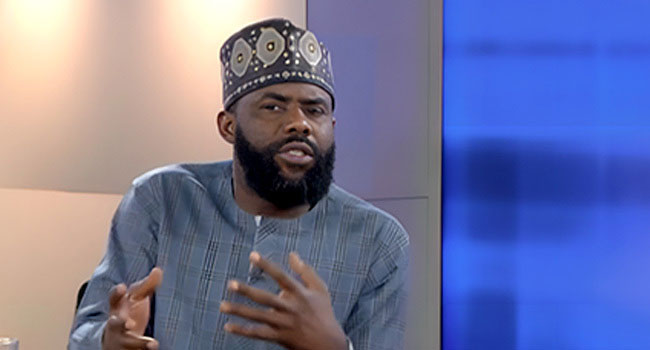
The Senior Special Assistant to the President on Public Affairs, Aliyu Audu, has urged Nigerians to exercise patience and embrace a shared sense of responsibility as the country pursues long-term economic transformation.
Speaking on Channels Television’s The Beam on Monday, June 2, Audu emphasised that sustainable development demands time, vision, and unity, citing global examples to support his call for national resolve.
“There are certain processes in terms of nation-building, moving from underdevelopment to being developed. We have examples across the world. It took an average of 35 years for Singapore, 50 years for India, and a couple of others. But we are Nigerians, we are different. It doesn’t have to take that long,” he said.
Audu, a chieftain of the All Progressives Congress (APC), acknowledged Nigeria’s complex political past, including the shortcomings of previous administrations, while calling for a collective outlook on the future.
“We’ve been in power for 10 years, and the PDP did a very bad job in their 16 years, but it’s our collective past. We have to own it,” he said. “Every single party and leader that has led this country, however well you want to rate their performance, we’re still together. We’re building nationhood.”
Addressing inflation and the rising cost of living, Audu said the issue goes beyond market prices and is tied closely to citizens’ purchasing power. “If purchasing power increases, life gets better. If jobs are created, life gets better,” he stated.
On the fight against corruption, he maintained that eliminating graft is essential to unlocking national prosperity. “If we are able to remove corruption from our identity, we’ll have more money available for job creation,” he said. “We need to make it a deliberate thing to shame corruption.”
He further explained the importance of economic liquidity, noting that stagnant wealth held by corrupt individuals undermines growth. “Money is just a medium of exchange. A million naira sitting in one place is not the same as a million naira that has exchanged 10 hands,” Audu noted.
He criticised the longstanding practice of hoarding wealth by corrupt elites, arguing that such behaviour stalls economic circulation and development.



